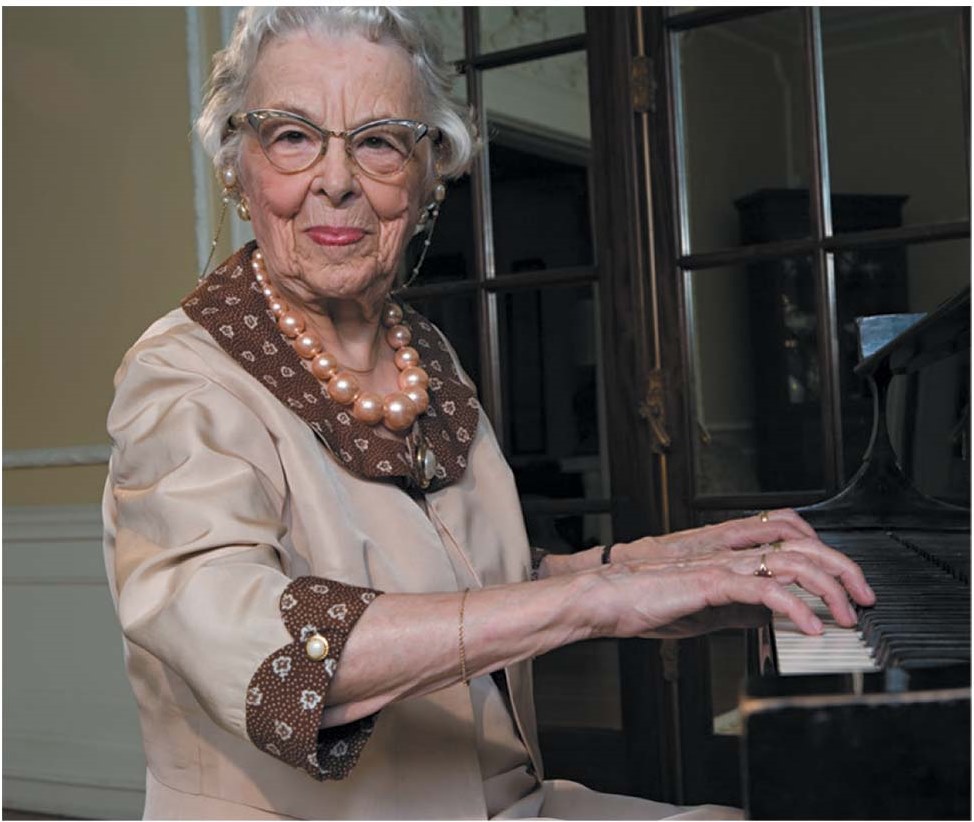Chapter 13: Later Life: Cognitive and Socioemotional Development
Chapter 13. Later Life: Cognitive and Socioemotional Development
Introduction

You learned in your book’s chapter on cognitive and socioemotional development in later life that memory tends to decline as we get older. Society is aware of these changes, and, many people interpret the memory loss of those in their late sixties or seventies as a result of Alzheimer’s disease or some other negative event (Erber & Prager, 1999; Rodin & Langer, 1980). Even with the stereotypes of the elderly as forgetful, research has demonstrated that the elderly perform worse than those in earlier stages of adulthood in various aspects of cognitive functioning (Dixon et al., 2007).
Activity
In this activity, you will examine three approaches for improving memory.
Match the strategy of memory improvement to the tasks listed below.
Something to Consider
While memory loss as we age can be expected, there are a variety of techniques that can be used to improve cognitive functioning. These include selective optimization with compensation, using mnemonic techniques, and maintaining a good mental state. Research has shown that teaching memory improvement techniques to those in late adulthood is effective (Borella et al., 2014). However, the elderly must be motivated to try these new techniques and to continue to use them. Otherwise, the effectiveness of such techniques will be lost.
How would you motivate your elderly friends and loved ones to use memory techniques to improve their own cognitive functioning?
References
Borella, E., Carretti, B., Cantarella, A., Riboldi, F., Zavagnin, M., & De Beni, R. (2014). Benefits of training visuospatial working memory in young–old and old–old. Developmental Psychology, 50(3), 714–727.
Dixon, R. A., Rust, T. B., Feltmate, S. E., & See, S. K. (2007). Memory and aging: Selected research directions and application issues. Canadian Psychology, 48(2), 67–76.
Erber, J. T., & Prager, I. G. (1999). Age and memory: Perceptions of forgetful young and older adults. In T. M. Hess & F. Blanchard-Fields (Eds.), Social cognition and aging (pp. 197–217). San Diego, CA: Academic Press.
Rodin, J., & Langer, E. J. (1980). Aging labels: The decline of control and the fall of self-esteem. Journal of Social Issues, 36, 12–29.